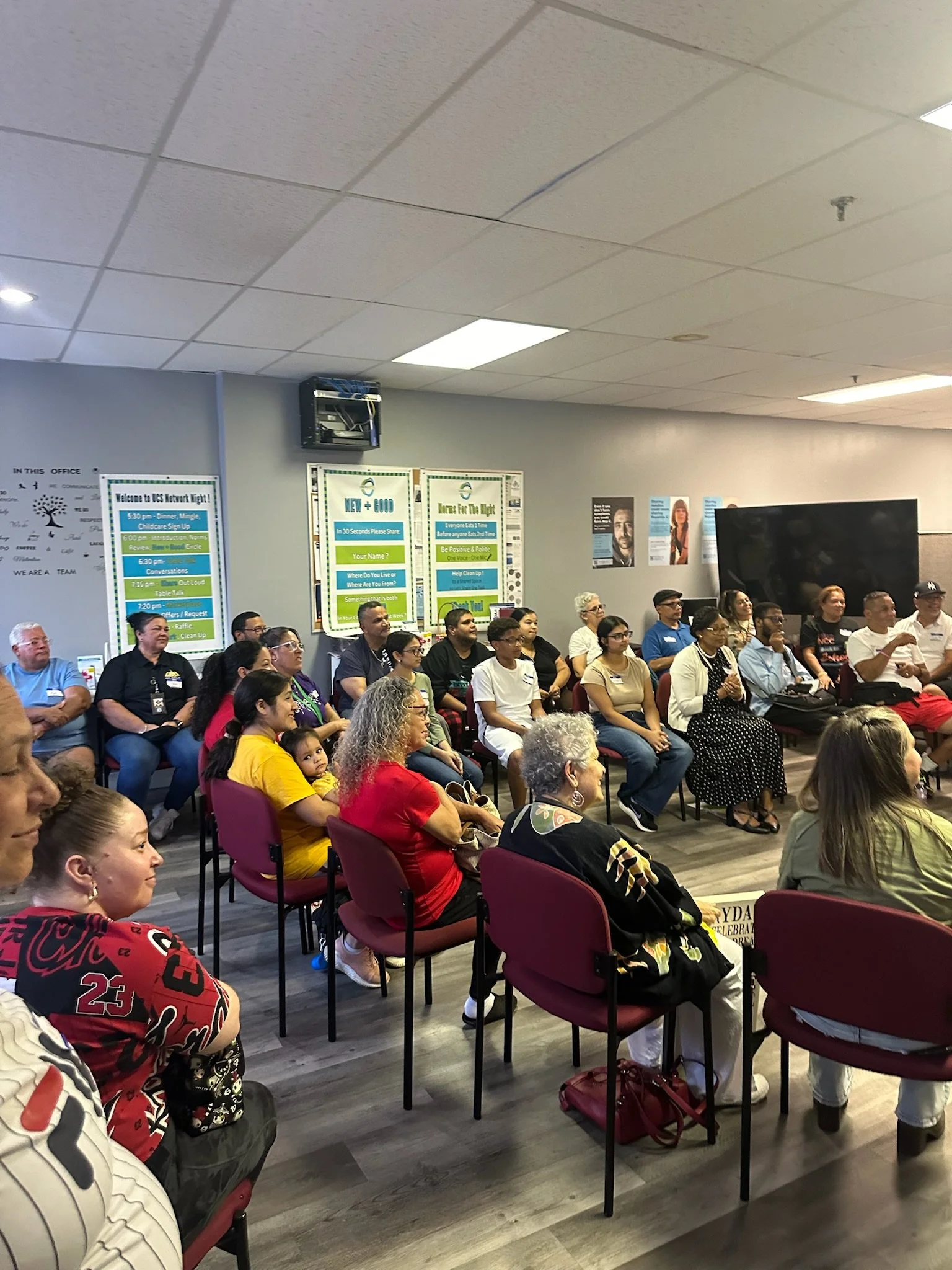What does Social Capital mean to Union Capital members?
Social capital - definition? According to Oxford Languages, social capital can be defined as the networks of relationships among people who live and work in a particular society, enabling that society to function effectively.
However, social capital can mean a plethora of things to different people. To Union Capital, social capital means that resources can be provided and dispersed. Members can gather and meet new people, connect with friends and resources, and have a support system that they know they can rely on.
“My coworker had been trying to get me to sign up [for Union Capital] for months, and I kept putting it on the back burner until I finally signed up. I haven’t looked back,” said Union Capital member Arielys on a Virtual Network Night hosted on March 11, 2025.
Union Capital’s mission is to transform social capital into opportunity. This is done by rewarding community engagement; members can sign into virtual and in-person events and earn points, and these points then become tangible as certain numbers of points can earn you real money. The vision is that community collaboration can cultivate equity for all, and this builds social capital for members.
“I joined [Union Capital] at a kind of an unstable point of my life, so it was grounding in a time where I needed it. As a matter of fact, I wrote my master’s thesis on Social Capital and Social Infrastructure,” said UC member Palma at the same Virtual Network Night.
Union Capital members describe feeling more informed, empowered, and supported through their involvement in UC, which actively works to build an individual's social capital. It can be learning about local resources, attending Network Nights (virtual or in-person), or simply becoming more involved in neighborhood events, building social capital bridges the gap between people and their communities.
UC member Andrins exclaims, “I was curious about UCB, joined, and I appreciate being here because there’s a lot of information that is relevant to me, I learn a lot and get some volunteer opportunities, and I also really look forward to the gift cards that come in the mail.”
UC encourages people to show up for their communities—and rewards them for doing so. Over time, these repeated interactions and shared experiences create a stronger, more resilient social fabric, allowing members not only to give back but also to grow alongside one another.
“Every year, as a parent, you have to fill out your emergency contact list, which was easy for me for many, many years because I have a large family. But I ended up being the ‘emergency contact’ for people who didn’t have family around because I was there. So who is it that you put on your emergency contact list when the time rolls around? That’s social capital.” said UC member Palma.
Claudio Ruiz, who joined UC’s Virtual Network Night on March 11 as an interpreter also shared his experience with social capital, “It’s the small things. We noticed a neighbor trying to jump their car with another car and it's just a matter of asking ‘Hey, are you okay?’ It doesn’t cost me a minute to just offer to help. Social capital, it's called being a good neighbor, in a way. It’s the things you can do for someone right next door.”
To UC members, social capital is about being good neighbors. It’s about support systems, trust, and community. It’s more than a dictionary definition, social capital is lived experience that helps day-to-day people get by and thrive in communities. So, ask people you don’t always talk to how they are doing, smile at the neighbor you don’t always get to see, be the person that people in your community can rely on and build not only your own social capital, but those around you.



